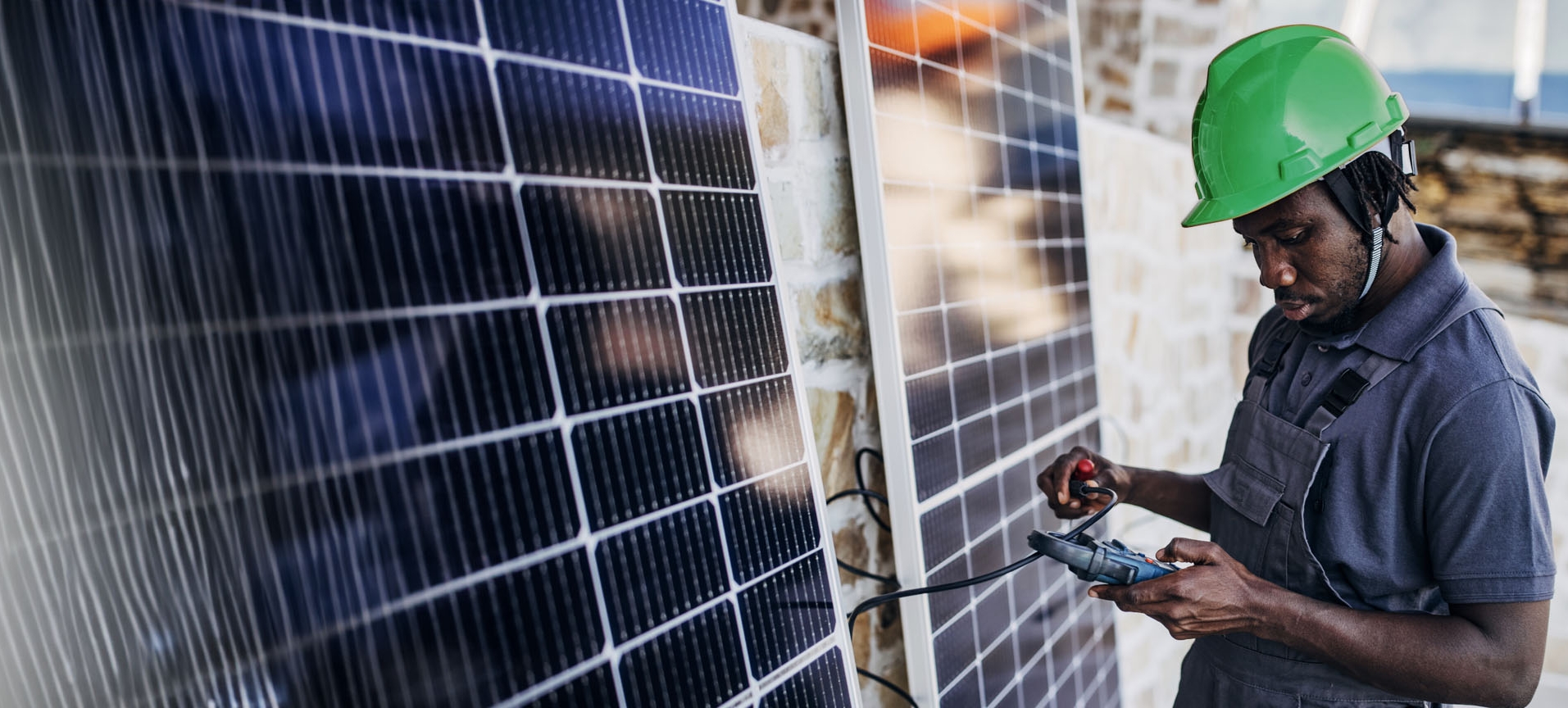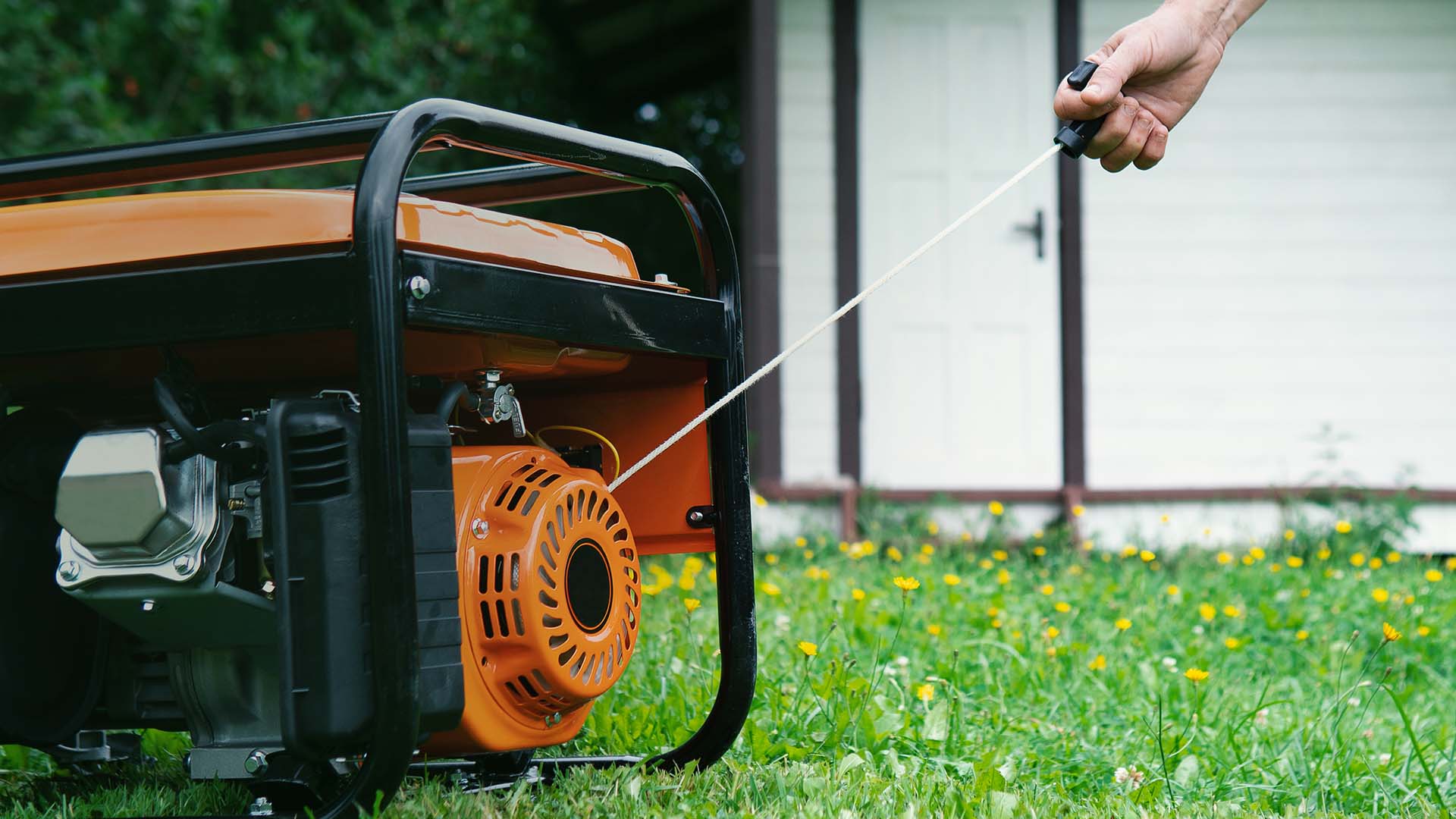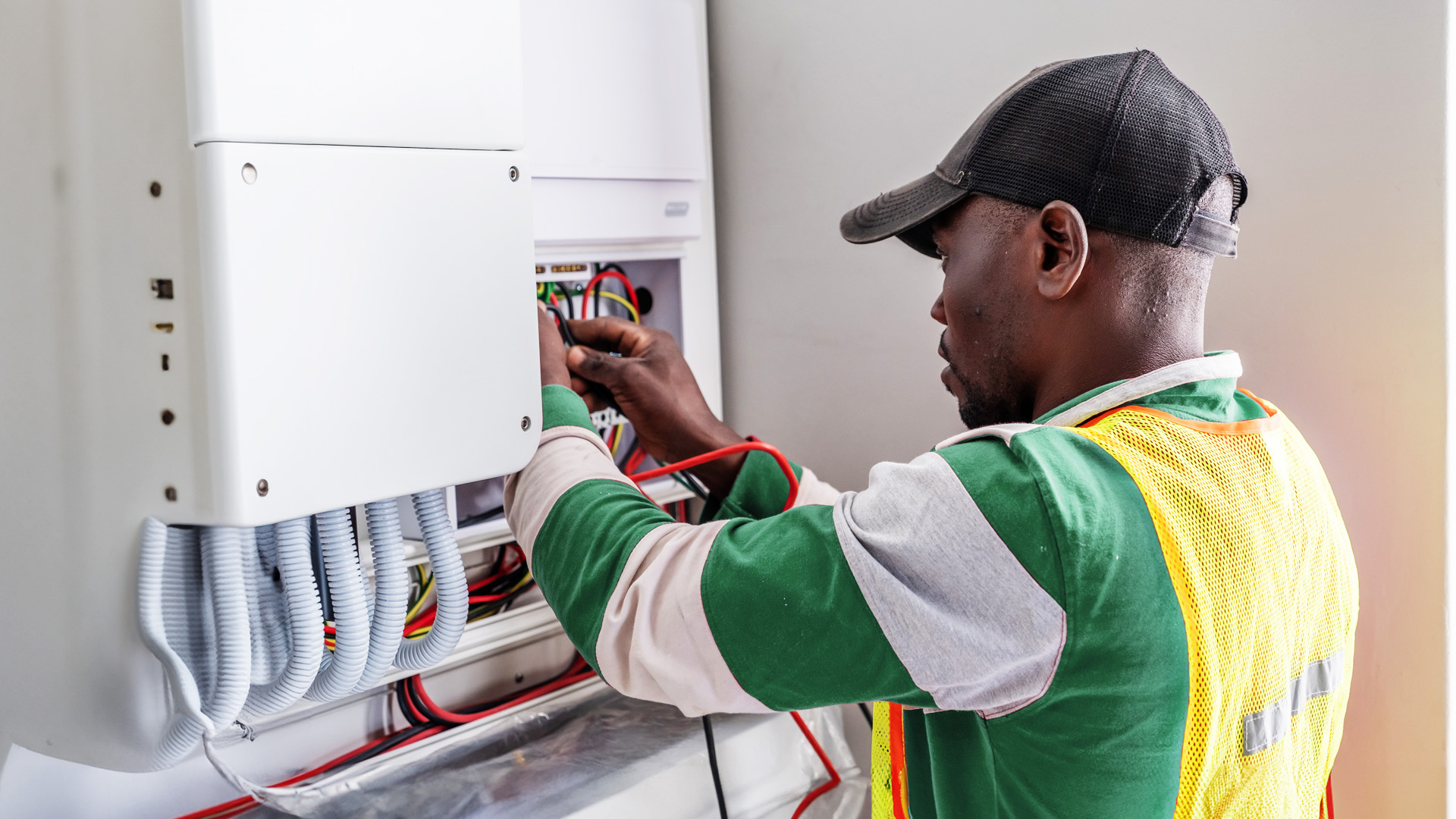Living in South Africa can sometimes feel like you’re on an episode of The Amazing Race. You have to rush to get dinner ready while charging up power banks and timing your washing machine just right to avoid getting caught by load-shedding.
That’s why you need backup power sources like a generator. However, generators do need proper maintenance to keep running smoothly.
Here are some tips to ensure your genny is always ready to shine when the lights go out.
How to keep your generator running
1. Ensure that it never runs out of fuel
Don’t run your genny until the fuel tank is completely empty because that can damage the internal mechanics.
If you notice it’s running low on fuel, rather turn it off until you can refill the tank. Any sludge or impurities at the bottom of the tank will get sucked into the engine with the last of the fuel, where they can gum up the works. This may lead to more frequent repairs and maintenance, which can be expensive. So, be safe and turn off your generator whenever fuel runs low.
2. Protect it outside
You can use a shed, cover or enclosure to protect your genny from bad weather and potential theft. Get a strong cover large enough to keep out the weather, but easy to get in and out of. Ideally, it should be lockable to deter thieves, or you can use padlocks and chains to keep it secure. Make sure the generator can get enough air, that the exhaust gases are venting safely, and that you have a safe place to store fuel.
You can easily add your generator to your house contents insurance
3. Change the oil
Regular oil changes are just as vital for your genny as they are for your car. Over time, the oil in your generator can become dirty and less effective, potentially causing issues. Always follow the manufacturer’s recommended oil-change schedule and use the specified oil type for your generator model. Neglecting oil changes can lead to increased engine wear, potential breakdowns, expensive repairs and reduced electricity output during power outages.
4. Don’t exceed your generator’s wattage
Avoid pushing your genny beyond its rated wattage capacity. It is unwise to use it for extended periods at its peak wattage (the maximum power it can produce). Most generators are designed to shut down if this happens, but some may continue to run. This can cause the engine to overheat, which could damage sensitive components or even burn out the engine.
5. Get it insured
Generators are an asset, and just like you would with your car and other valuables, you should insure your genny too. You can easily add your generator to your house contents insurance so that you can replace it immediately in the event of a fire, accident, or theft.
Alternative power solutions
While generators serve as reliable power solutions in many scenarios, they may not suit everyone’s needs. If you live in an apartments or you prefer eco-friendly options, portable inverters offer a practical choice, providing a backup power source during outages without the noise and emissions of generators.
Harnessing solar power is a sustainable and cost-effective alternative, particularly in areas with abundant sunlight. Solar panels, connected to a battery and inverter system, can not only generate electricity for immediate use, but also store excess energy. This increases long-term savings and reduces your dependence on grid power.
Exploring alternative power solutions beyond a genny can provide flexibility, cost-efficiency and environmental benefits tailored to your needs.
Protect your valuable assets, including your generator, with our comprehensive short-term insurance. Don’t wait for the unexpected – get peace of mind today!








